OLD BIO
I call myself a climber because climbing made me who I am. I started in 1980. The more and harder I did it the better I became. I made first ascents on five continents, visited the Himalayas seven times, climbed icebergs floating off the Antarctic coast, and spent five years living and climbing in the French Alps. A few of my new routes have not been repeated, and one or two speed records remain unbroken. I climbed professionally for fifteen years. I took it as far as I was willing and then retired in 2000.
Punk rock attitude influenced my climbing as well as my writing; citing Gauguin and Joy Division, then shouting "no future" in the next sentence made me a novelty in a world better known for romanticizing the sport. My essays about climbing were published in seven countries, translated into five languages.
In 1998 I finally had the sack to write more than 4000 words. "Extreme Alpinism: Climbing Light, Fast and High" (1999), won the National Outdoor Book Award and the Mountain Exposition prize at the Banff Mountain Book Festival. "Kiss or Kill -- Confessions of a Serial Climber" (2001), won the Mountain Literature prize at the Festival Banff and was short-listed at the Trento Mountain Book Festival in Italy. Kiss or Kill is available in Italian, Spanish, German, Polish, and Slovenian.
I grew up in a middle class American family. Money wasn’t too scarce; I could work when I wanted. I could have gone to college. My parents split up when I was ten and I didn’t see dad much for the next 15 years. Still, this wasn’t unusual, and I should have been happy with my future, as most of my peers were. Instead I rebelled because I hated the recipe. I could not stand the idea of doing what was expected of myself and every other middle class kid in the USA. I started a punk band to imitate the bands that inspired me. We sucked, but the bassist was good and later played in The Living and eventually Guns and Roses. I started climbing because I’d grown up in the mountains and it was about as weird a lifestyle as could be found in America. I discovered a discipline in which my individualism did not count against me, as it did in every other aspect of middle class American expectations. Suddenly my future was up to me. I could hold on, or let go at any time. True autonomy. I learned, like all those punks who couldn’t play an instrument, to reinvent myself. DIY. My body no longer belonged to the State. Ok, it’s a bit dramatic, but it’s how I felt back then. I felt truly free, which is what America is all about isn’t it? Well, freedom, and then duty.
I've quit counting on "no future" and learned to live with not knowing the future. Instead this site is a repository for things done and thought and written in the past.
